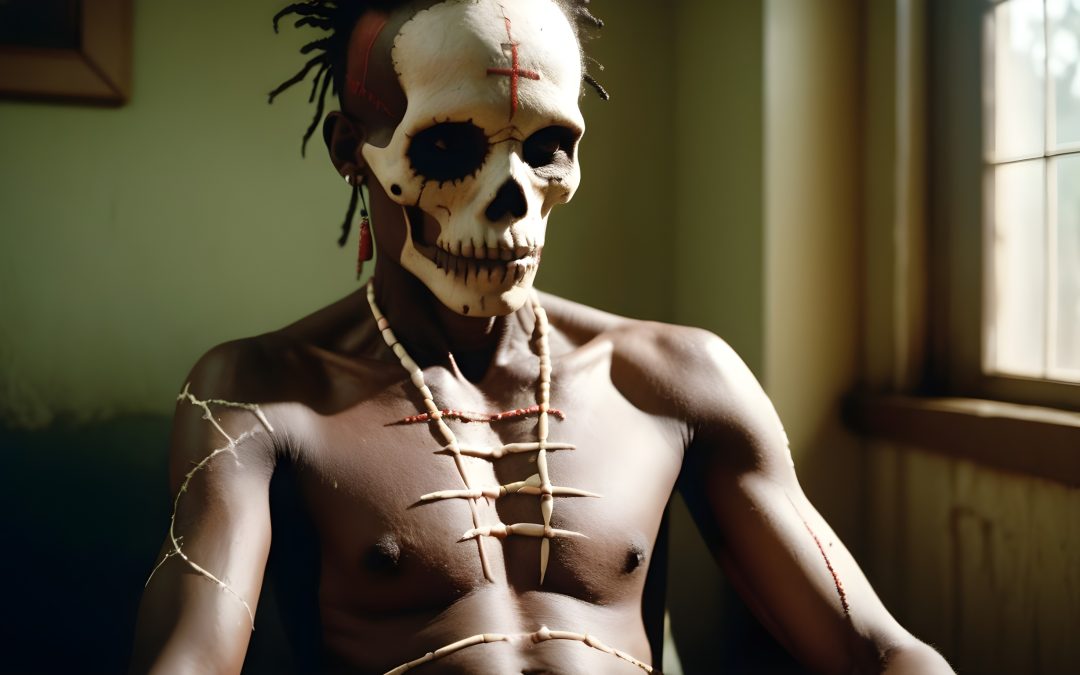Haiti is a country with a rich cultural heritage, including a strong belief in the practice of voodoo. Voodoo, often misunderstood and misrepresented in popular culture, plays a significant role in the daily lives of many Haitians. One of the key aspects of voodoo is its connection to healing and medicine, which has been a vital part of Haiti’s healthcare system for centuries.
Historical Background of Voodoo in Haiti
Voodoo has its roots in West African spiritual traditions, which were brought to Haiti by enslaved Africans during the colonial period. Despite attempts by slave owners to suppress voodoo practices, it continued to thrive underground, blending with elements of Catholicism and indigenous beliefs to form the unique Haitian voodoo tradition.
In Haiti, voodoo is not just a religion; it is a way of life that permeates every aspect of society, including healthcare. Voodoo priests, or houngans, and priestesses, or mambos, play a crucial role in providing spiritual guidance and healing to their communities.
The Role of Voodoo in Healing
Voodoo healing practices are based on the belief that illness and suffering are caused by spiritual imbalances or malevolent forces. Voodoo priests and priestesses use rituals, prayers, and herbal remedies to heal the sick and restore harmony to the individual’s body and soul.
One of the key elements of voodoo healing is the use of spiritual ceremonies, such as rituals to call upon the loa, or spirits, for guidance and healing. These ceremonies often involve offerings of food, drink, and other items to appease the spirits and seek their intervention in the healing process.
Voodoo healing also incorporates the use of herbal remedies and traditional medicines, which have been passed down through generations of healers. These remedies are believed to have both physical and spiritual healing properties, addressing the root causes of illness and promoting holistic well-being.
The Stigma and Recognition of Voodoo Healing
Despite its long history and cultural significance, voodoo healing has often been stigmatized and marginalized in Haiti. Western medical practices and interventions have been prioritized, leading to the exclusion of voodoo healers from formal healthcare systems.
However, in recent years, there has been a growing recognition of the important role that voodoo healing plays in Haitian society. Organizations and researchers have started to explore the integration of traditional voodoo healing practices with modern medical treatments, recognizing the value of a holistic approach to healthcare.
Moving forward, it is essential to continue to foster dialogue and collaboration between voodoo healers and healthcare professionals to ensure that all members of the community have access to culturally sensitive and effective healing practices. By honoring the traditions of voodoo and recognizing its contributions to healthcare, Haiti can work towards a more inclusive and comprehensive approach to healing for all its citizens.

